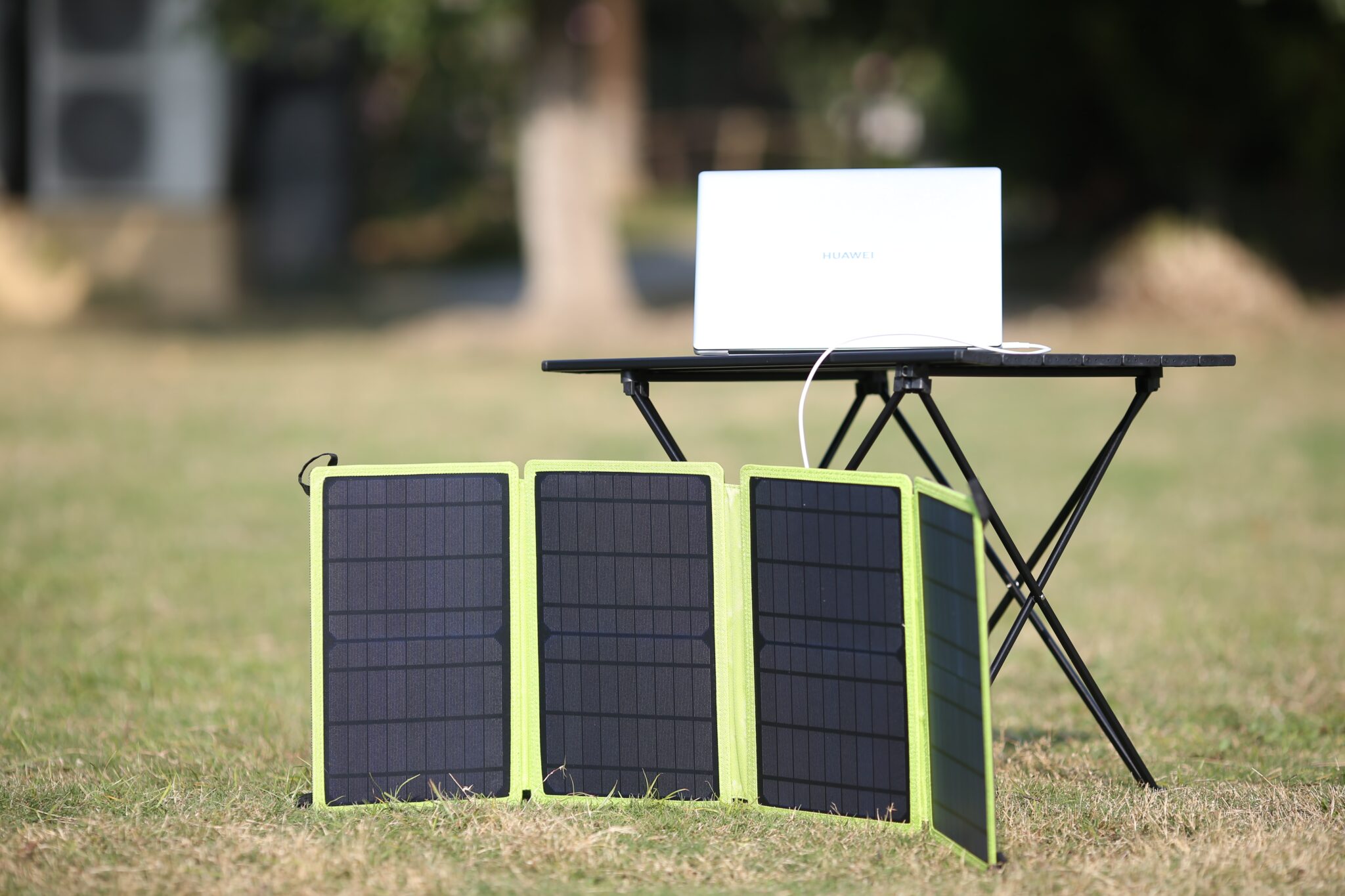Are you looking for a more sustainable way to power your home, but don’t know where to start? If so, you’re not alone. Many people are searching for an environmentally friendly alternative to traditional solar energy, but they don’t know where to start. In this blog post, we will discuss the latest electronic solar system affects in human life and how they can help you make the switch to greener living. From the environmental benefits of solar technology to its cost-effectiveness, read on to learn everything you need to know about solar energy in today’s market.
What are electronic solar systems?
Electronic solar systems are different from the traditional solar systems that have been used in the past. They use technology to gather energy from the sun and other sources to power devices. This can be helpful in a number of ways, including reducing reliance on fossil fuels and improving efficiency.
One big advantage of electronic solar systems is that they can be managed remotely. This means that you don’t have to go out and install panels yourself. Instead, you can rely on a system to do it for you. This is particularly useful if you don’t have enough space for panels or if you want to use the energy resources where they are most abundant.
Another benefit of electronic solar systems is their ability to generate power even when there isn’t much sunlight available. This is useful if you need power during times of darkness or during periods of weather conditions that are unfavorable for using traditional solar systems.
How are electronic solar systems affecting human life?
Electronic solar systems are affecting human life in a number of ways. For example, they are helping to improve navigation and communication. They are also increasing the efficiency of energy production. In terms of human health, electronic solar systems are improving the way that doctors treat patients. Solar radiation is also being used to create medicines and treatments.
What can be done to prevent the negative effects of electronic solar systems on human life?
Electronic solar systems are a recent invention that have the potential to provide many benefits to humanity. However, there are also potential negative effects on human life that need to be taken into account.
One of the most common concerns with electronic solar systems is how they may affect human health and the environment. Electronic systems can produce harmful radiation, disrupt natural ecosystems, and damage equipment. They can also interfere with radio and telecommunications frequencies, which can cause serious disruptions in everyday life.
The safety of electronic solar systems needs to be carefully considered from inception onwards. Proper testing and design can help prevent environmental and health problems down the road. Governments, industry leaders, and scientists all have a role to play in ensuring that electronic solar systems are used safely and responsibly.
Electronic solar systems are becoming more popular as they become more affordable and efficient. They have several benefits for human life, including making it easier to connect to the internet, providing an energy supply, and helping monitor environmental conditions.
One of the most important benefits of electronic solar systems is their ability to connect people to the internet. Many people in remote areas lack access to traditional electricity grids, so using electronic solar systems can provide them with a way to get online. Electronic solar systems also allow people to power their homes or businesses with renewable energy sources, which can reduce their reliance on fossil fuels.
Another benefit of electronic solar systems is their ability to provide an energy supply. Many parts of the world are currently suffering from shortages of oil and other natural resources, so using electronic solar systems can help alleviate these problems. Additionally, electronic solar systems can help monitor environmental conditions by sending real-time data about weather and climate conditions back to Earth.








